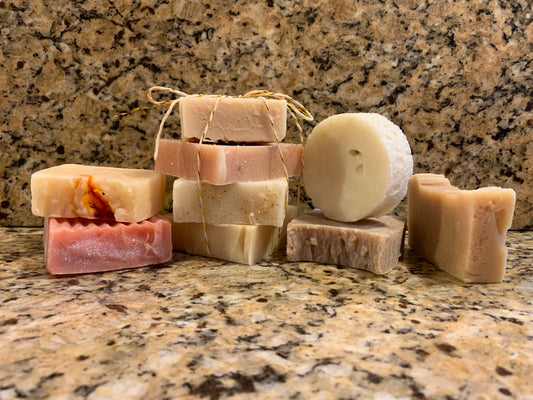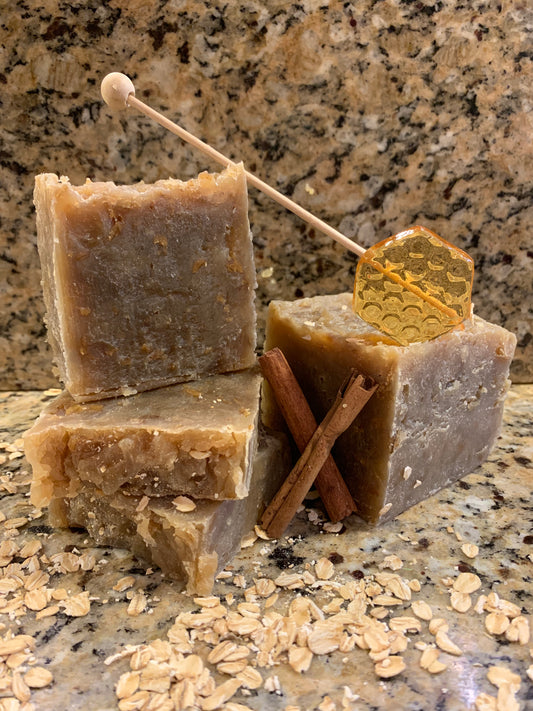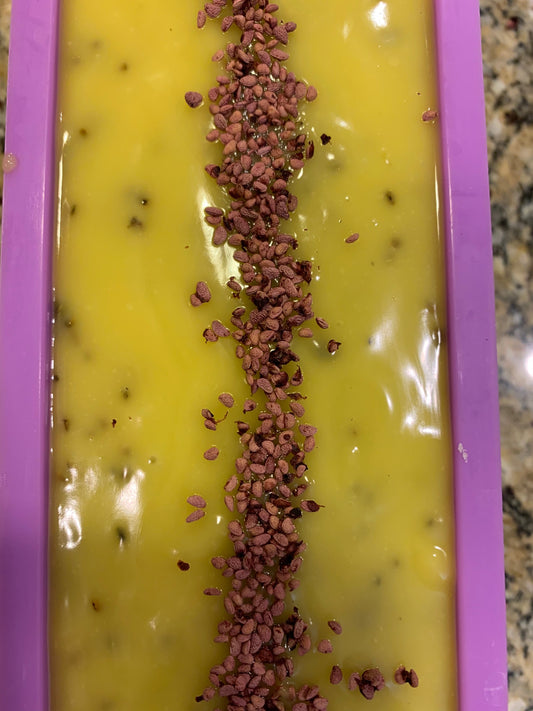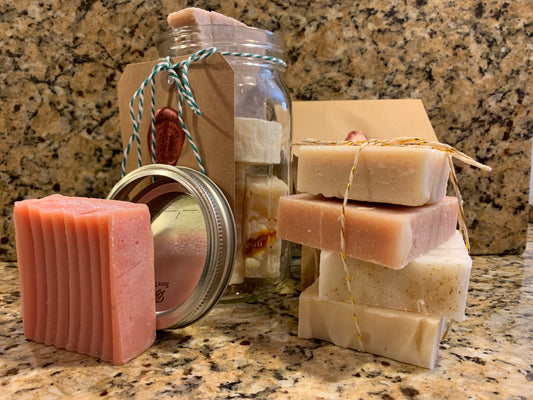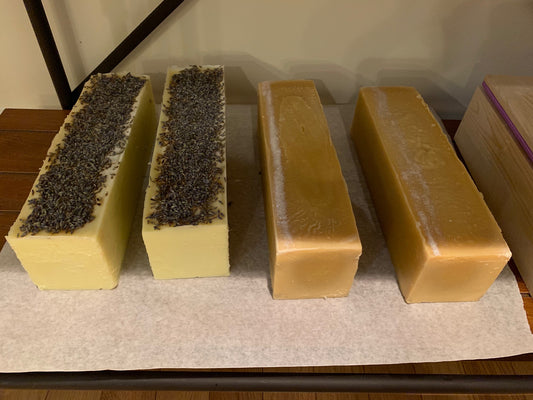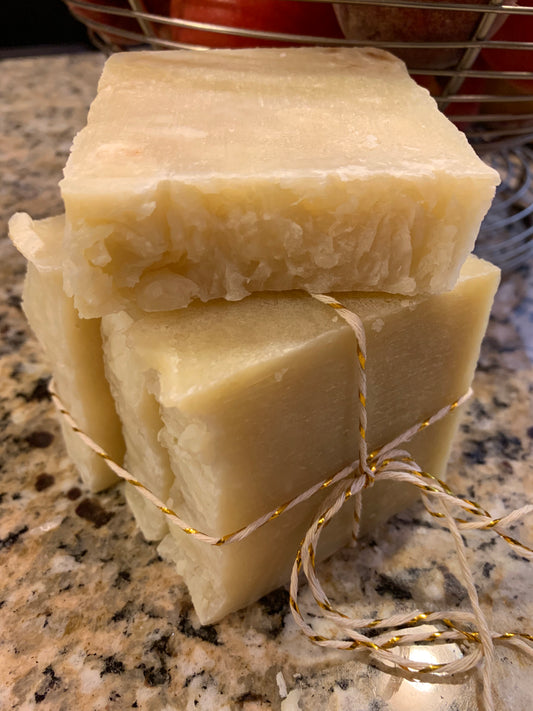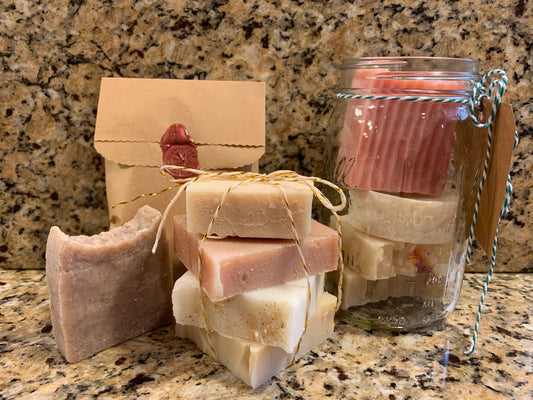An Essential Oil For Everything
As the seasons shift and the chill of fall and winter sets in, so does the inevitable cold and flu season. While rest, hydration, and conventional medicine are key to recovery, many are turning to the natural support of essential oils for additional relief. Here’s a detailed look at some of the best essential oils to keep at hand during these sniffly seasons.
Lavender Oil
Benefits: Lavender oil is a soothing sentinel against cold and flu symptoms. It’s renowned for its ability to ease congestion, soothe headaches, and promote restful sleep - crucial for recovery. Additionally, its antimicrobial properties can ward off pathogens and support the immune system.
Ginger Oil
Benefits: The warmth of ginger oil is almost palpable. It works wonders for sore, achy muscles that often accompany flu symptoms. Its anti-inflammatory properties help soothe internal inflammation, while its nausea-relieving qualities can make bouts of flu significantly more bearable.
Lemongrass Oil
Benefits: Lemongrass oil is your go-to for fever reduction and headache relief. Its refreshing scent can also help clear your mind and reduce the mental fog that comes with being under the weather. Furthermore, its antimicrobial and anti-inflammatory effects help support overall wellness.
Cinnamon Oil
Benefits: With its rich, comforting scent, cinnamon oil is more than just a culinary delight. It possesses potent antimicrobial properties that can help fight off the cold and flu viruses, support digestion, and even stimulate the appetite—a common struggle during illness.
Frankincense Oil
Benefits: Often associated with meditative practices, frankincense oil can provide respiratory relief during colds, reducing symptoms like sneezing and runny noses. Its pain-relieving properties are an added bonus, helping alleviate headaches and muscle aches.
How to Use These Oils
Remember, essential oils are highly concentrated and should be used with care. Always dilute them in a carrier oil before topical application to avoid skin irritation. For respiratory relief, consider adding a few drops to a diffuser or inhaling them directly from a cloth.
Conclusion
While essential oils are not a cure for colds and flu, they can offer significant symptom relief and comfort during recovery. Integrating these natural wonders into your wellness routine can help you navigate cold and flu season with a bit more ease. Remember to consult with a healthcare provider, especially if you have underlying health conditions or are pregnant.
Embrace the healing power of nature with these essential oils, and may your cold and flu season be as gentle as possible.

